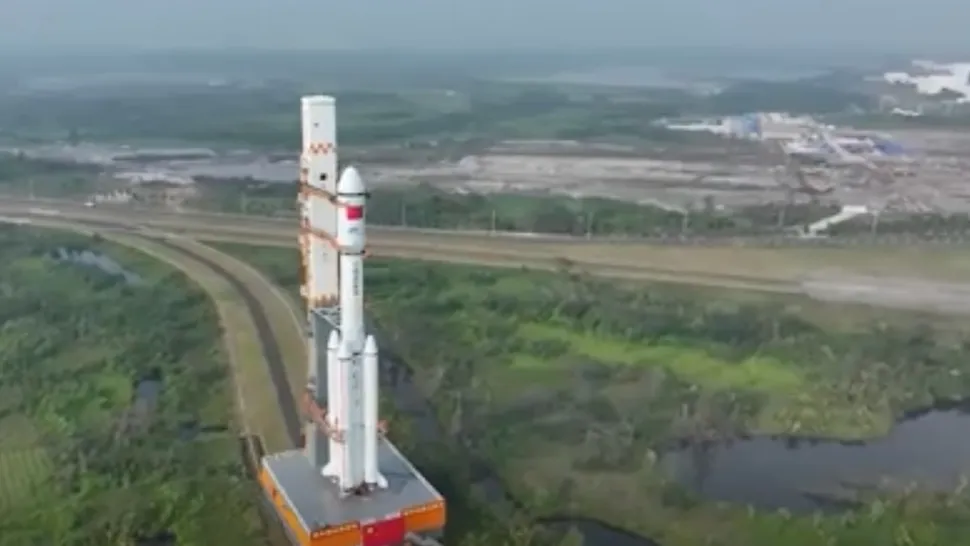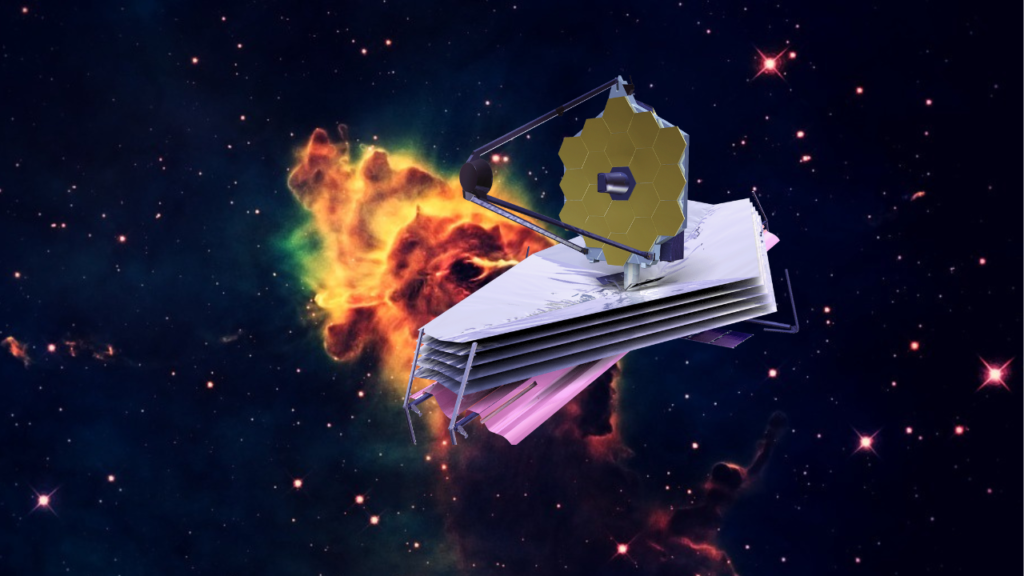China is set to send fresh fuel and supplies to its space station.
A Long March 7 rocket topped with the Tianzhou 8 cargo spacecraft was rolled out to its pad at Wenchang Satellite Launch Center on Hainan island early Wednesday (Nov. 13) local time.
An official time for launch has yet to be announced, but navigation warnings indicate the rocket is scheduled to lift off on Friday (Nov. 15) around 10:10 a.m. EST (1410 GMT; 11:10 p.m. Beijing time). A livestream for the event will be provided closer to launch, if previous Tianzhou cargo missions are any guide.
Tianzhou 8 will dock with the Tiangong space station a few hours after launch, delivering supplies for the Shenzhou 19 astronauts. Commander Cai Xuzhe, 48, and rookie astronauts Song Lingdong, 34, a former air force pilot, and Wang Haoze, also 34, China’s first female spaceflight engineer, arrived at the space station on Oct. 20.
The Tianzhou 8 mission will carry a number of science experiments as well as supplies for astronauts. One of the experiments aboard the spacecraft will involve bricks made from lunar soil simulant. These will be exposed to the harsh environment of space to see how suited they will be for building lunar habitats.
The bricks will be subjected to three years of exposure tests in space. They will be bombarded by ultraviolet light and cosmic rays and subjected to temperature differences. This will test the strength and durability of bricks in extreme environments and how the materials behave in the vacuum of space. China plans to build its International Lunar Research Station (ILRS) in the 2030s.
The cargo mission was due to launch ahead of Shenzhou 19, which lifted off Oct. 19 from Jiuquan in the Gobi Desert, but Tianzhou 8 launch preparations were hit by Typhoon Yagi, which passed over the Wenchang spaceport.
The Tianzhou 8 mission is the third to use an upgraded Tianzhou spacecraft. The upgraded payload capability allows China to launch a resupply mission once every eight months, instead of every six months, saving on launch costs.
Tianzhou 8 also boasts an improvement of an increase of more than 220 pounds (100 kilograms) of cargo capacity over previous spacecraft.The 34.8-by-11.0 foot (10.6 by 3.35 meters) spacecraft will weigh around 31,000 pounds (14,000 kg) at liftoff, with around 16,500 pounds (7,500 kg) being payload.
The Tiangong space station is roughly 20% as massive as the International Space Station. China plans to keep Tiangong permanently occupied and operational for at least a decade. The country also wants to expand the space station with new modules and open the outpost to commercial activities.
Source: https://www.space.com/china-tianzhou-8-cargo-launch-tiangong-space-station



